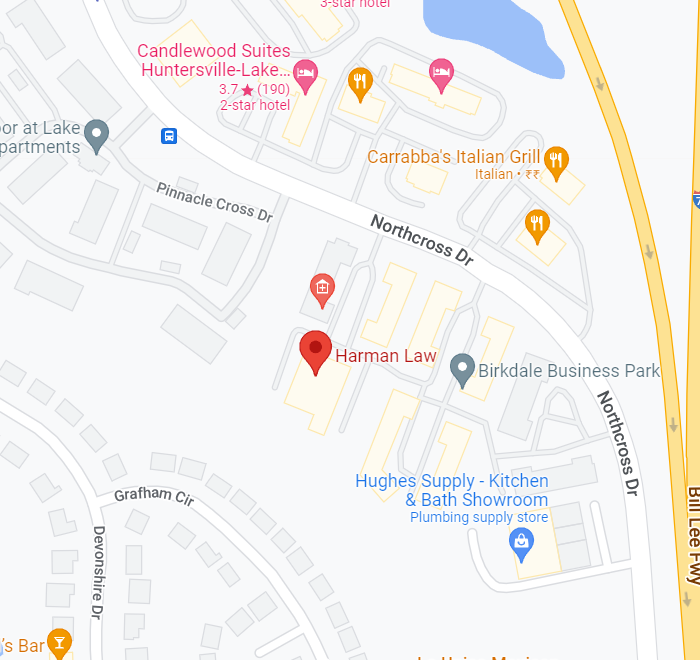McSwain v. Industrial Commercial Sales & Service, LLC
On April 7, 2020, the North Carolina Court of Appeals issued an important decision that helped clarify the compensability of injuries sustained by employees while traveling for business.
The Supreme Court of North Carolina has held that traveling employees (employees whose job requires them to stay overnight away from home) are generally considered to be acting “in the course of” their employment during their respective trip, except when there is a distinct departure on a personal errand is shown. However, in order to prove compensability of injuries sustained while traveling for work, employees must still establish that the injury “arose out of” their employment. In determining whether an injury “arose out of” employment depends on the facts, and may differ on a case-by-case basis.
In McSwain v. Industrial Commercial Sales & Service, LLC, Employee-Plaintiff, while traveling on business for work, was walking to the laundry room (in order to do laundry) located at the hotel in which he was staying during his trip. While walking to the laundry room, Employee-Plaintiff slipped and fell resulting in extensive bodily injuries. In making its ultimate decision, the Court was required to apply the above referenced law and determine whether Employee-Plaintiff’s accident and injuries were “within the course of” and “arose out of” his employment. The Court first clarified that the mere fact that the accident occurred at the hotel Employee-Plaintiff was staying at overnight was not a dispositive factor in determining compensability of the accident and injuries. Instead, the Court held that in order for Employee-Plaintiff to establish a causal relationship between his employment and the injuries sustained, he must prove that the act he was engaged in at the time of such injury was “necessary” to perform the job functions for the employer.
Based upon the Court’s jurisprudence, the Court in McSwain held that washing or doing laundry was not a “necessary” personal need that needed to be done for Employee-Plaintiff to complete his job functions for his employer. In fact, the Court found that there was no evidence submitted by Employee-Plaintiff showing that doing laundry was necessary to further, directly or indirectly, the business of the employer. There was also no evidence to support a finding that Employee-Plaintiff had run out of clothes to necessitate a need to do laundry to provide clean clothes for the remainder of such business trip. Thus, the Court determined that the intent and act of doing laundry was not necessary to further, directly or indirectly, the business of the employer. Given these findings, the Court determined that Employee-Plaintiff’s accident and injuries, despite occurring while traveling for his employer, did not “arise out of” his employment and therefore the claim is not compensable and benefits were denied.
Attorney Derek Wagner successfully defended this claim at the North Carolina Court of Appeals. The decision by the Court helped clarify the legal nuances involved with accident and injuries occurring when an employee is traveling for business purposes. If you have sustained injuries while traveling for work, please contact our office in order to seek proper legal advice with regard to your injuries.


 CALL US NOW
CALL US NOW






